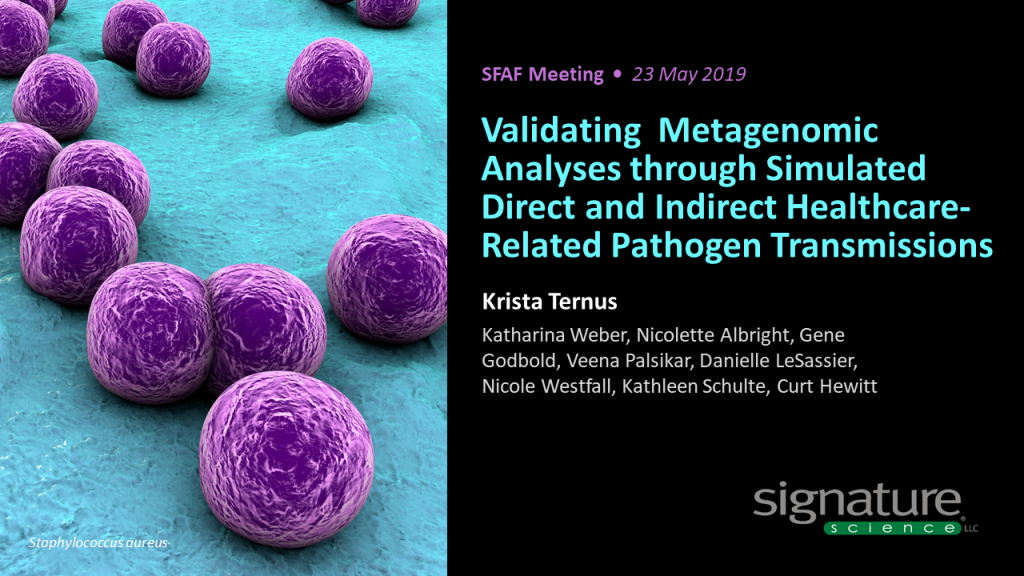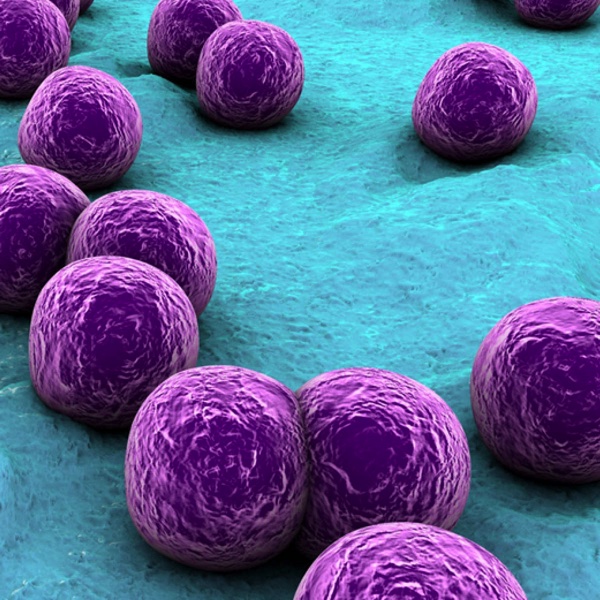
Abstract:
The prevalence of healthcare-acquired infections (HAI) places a significant economic burden on modern healthcare systems. Cultures are typically used to diagnose HAI; however, culture-dependent methods provide only limited presence/absence information and are not applicable to all pathogens. Next generation sequencing (NGS) has the potential to detect a wide variety of pathogens, viability signals, virulence elements, and antimicrobial resistance signatures in healthcare settings without the need for culturing. This study explored how metagenomics compared to traditional culturing methods to detect human pathogen transmission events under a variety of simulated HAI scenarios. Simulations were performed within a microbiology laboratory to reflect the transmission of ESKAPE pathogens (i.e., Enterococcus faecium, Staphylococcus aureus, Klebsiella pneumoniae, Acinetobacter baumannii, Pseudomonas aeruginosa, and Enterobacter species) and Clostridioides difficile between patients, healthcare personnel, and contaminated objects under remediated and non-remediated scenarios. The results of this study provided insights into the factors that influence transmission rates, the relationship between colony-forming units and metagenomics data, the value and limitations of metatranscriptomics, and the impact of custom databases for functional annotations.
Signature Science’s work was presented by Krista Ternus at the Sequencing, Finishing, and Analysis in the Future Meeting held May 21-23, 2019. This work was supported by the Centers of Disease Control and Prevention’s investments to combat antibiotic resistance under award number (200-2018-75D30118C02922).
Authors: Krista Ternus, Katharina Weber, Nicolette Albright, Gene Godbold, Veena Palsikar, Danielle LeSassier, Nicole Westfall, Kathleen Schulte, Curt Hewitt

